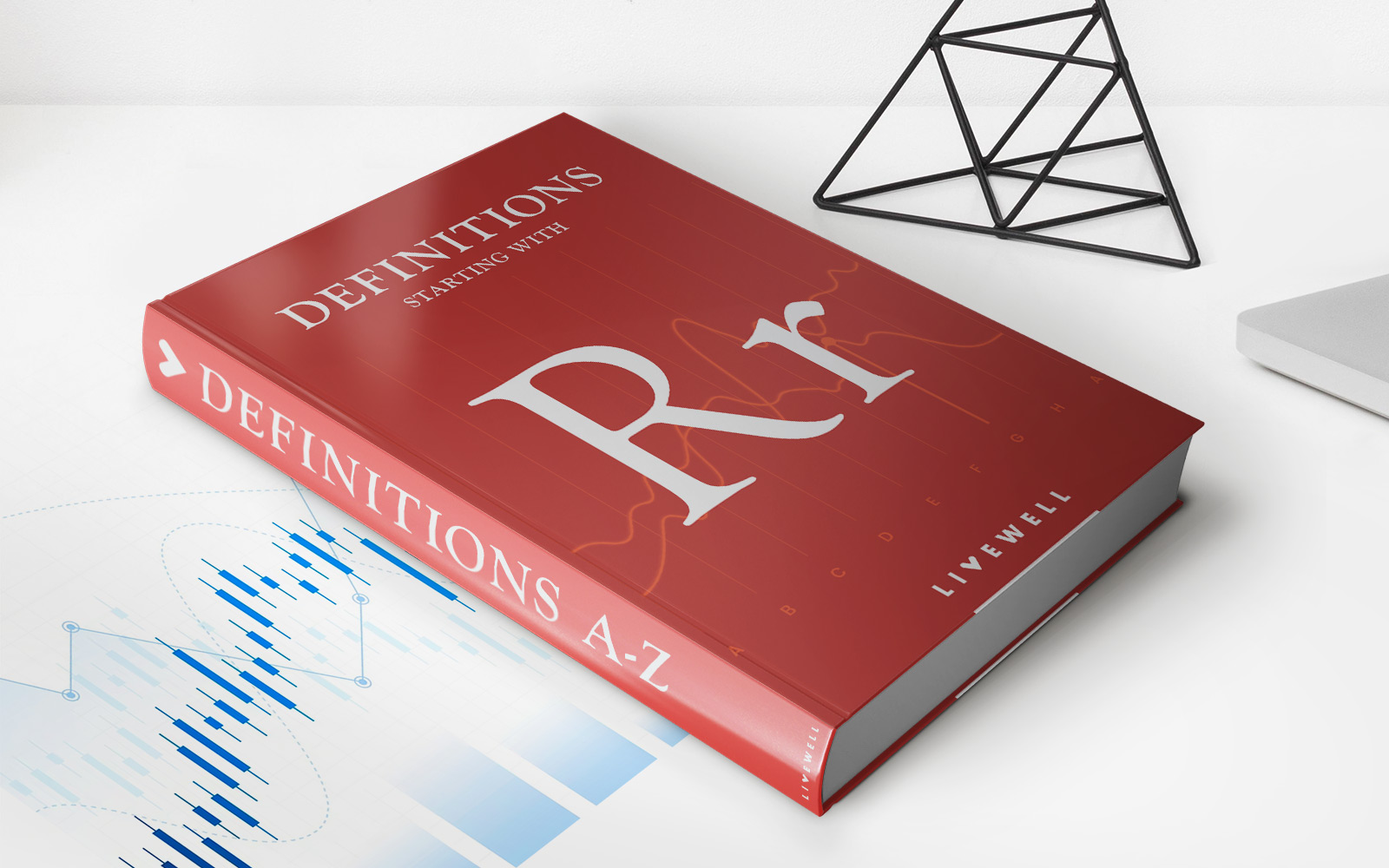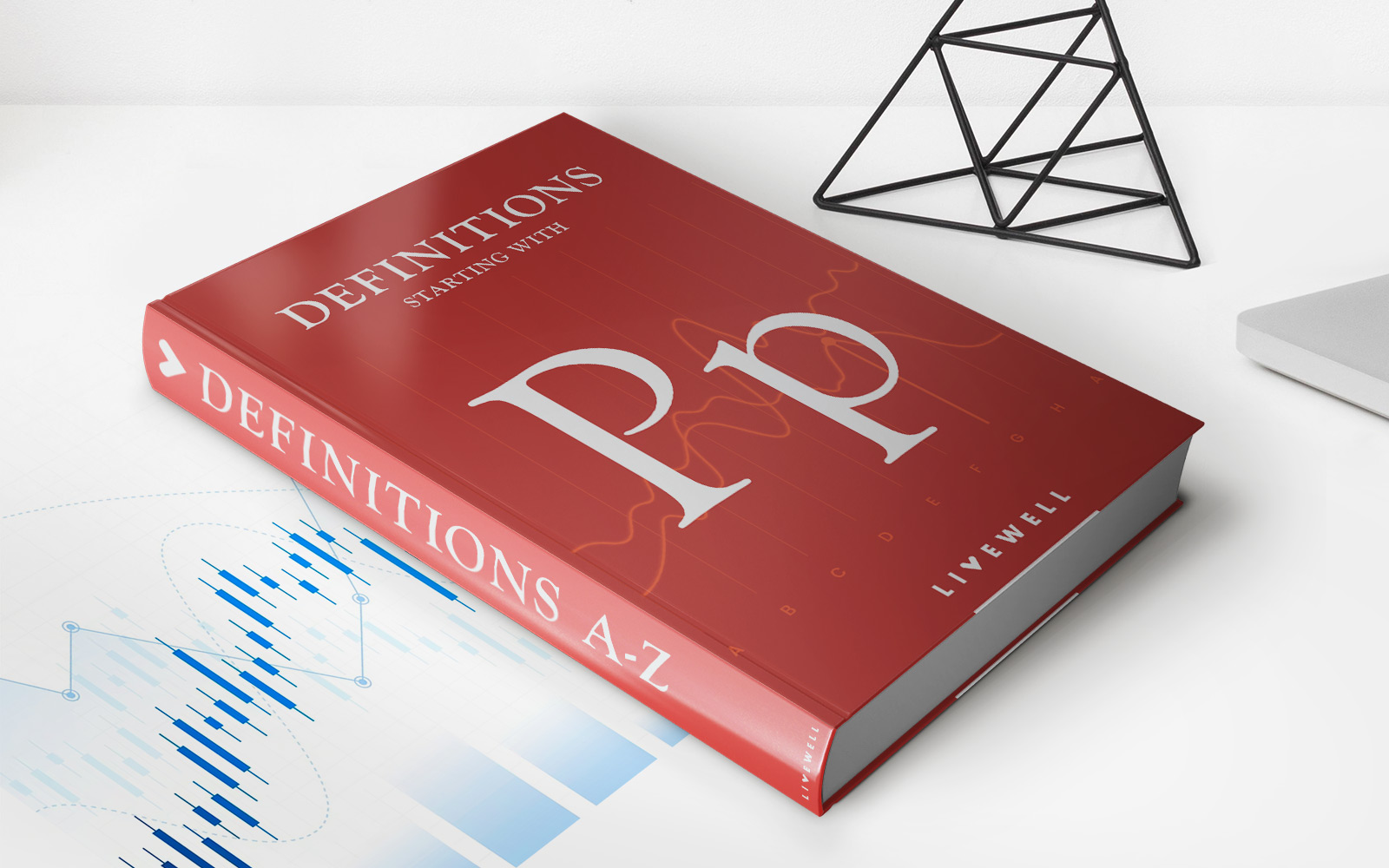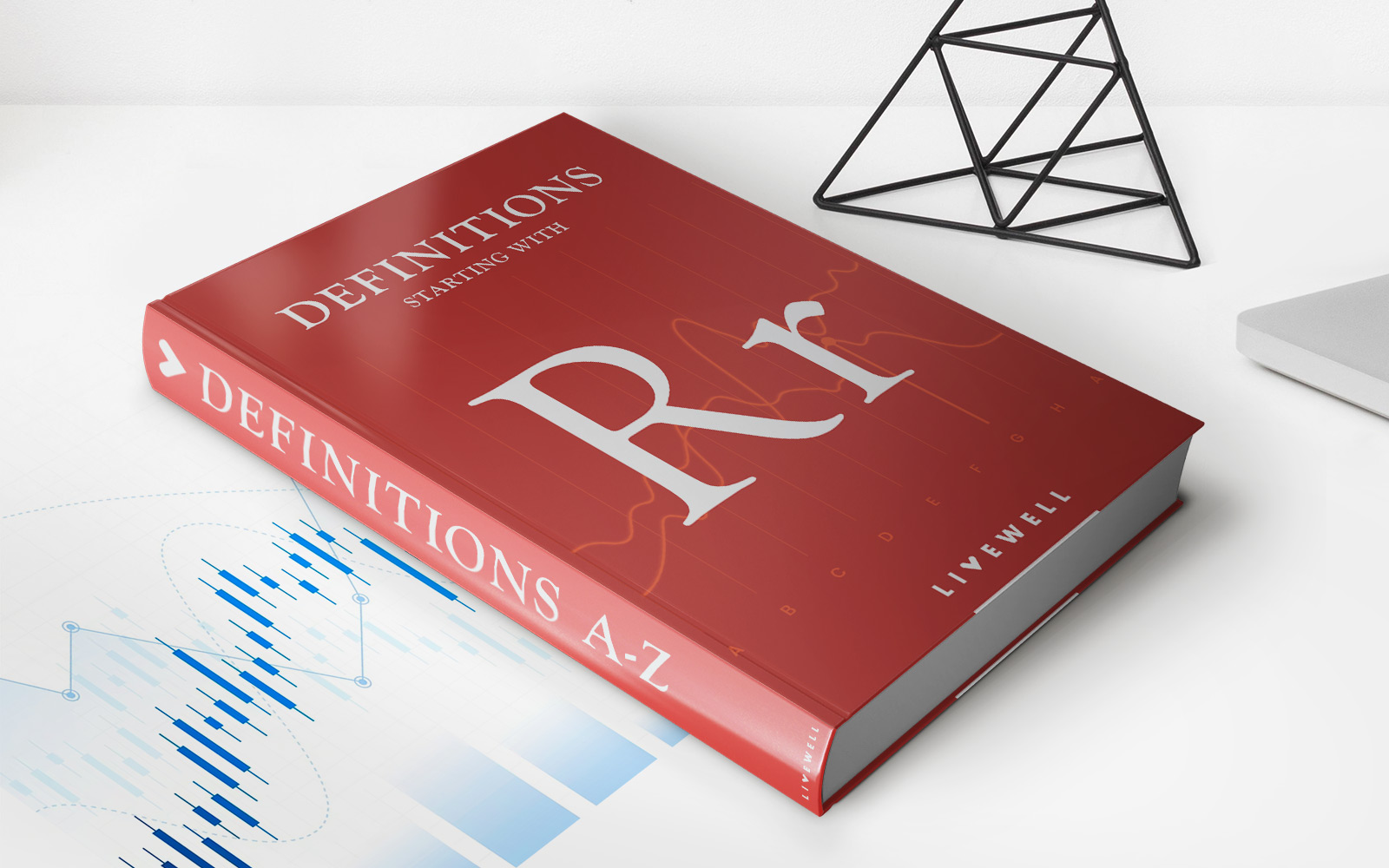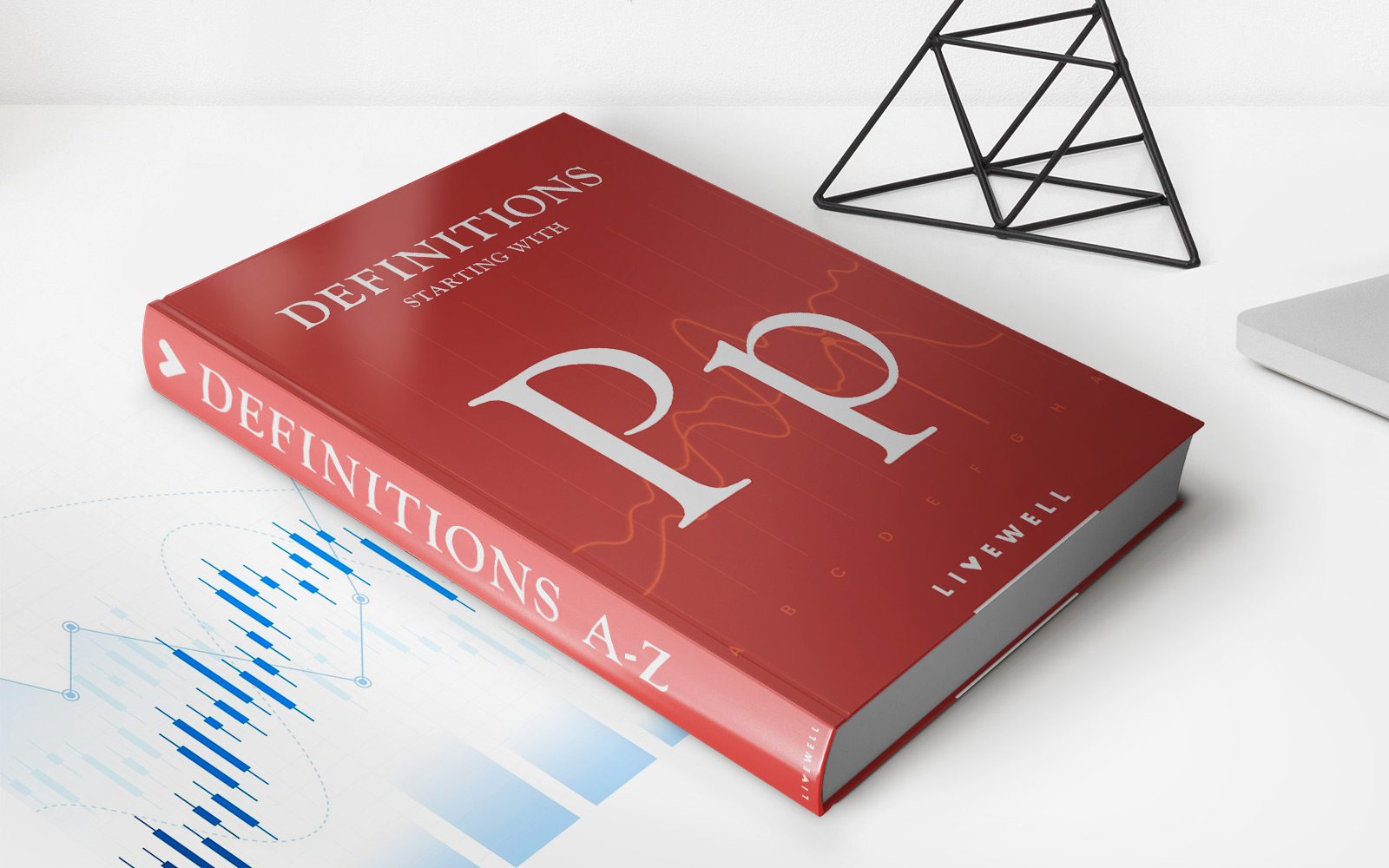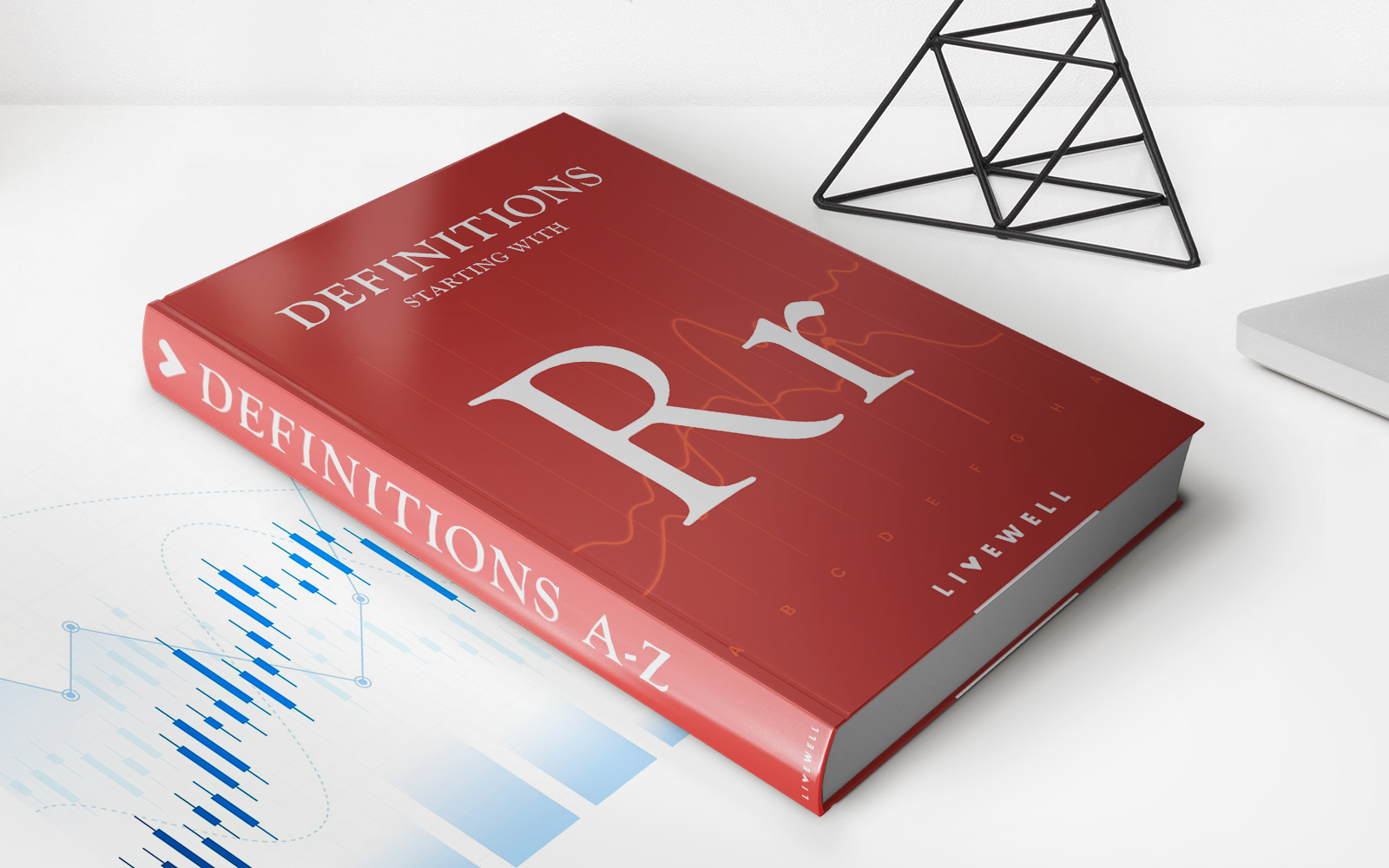

Finance
Finite Reinsurance Definition
Published: November 24, 2023
Learn about the definition of finite reinsurance and its significance in the finance industry. Explore how it impacts risk management and financial strategies.
(Many of the links in this article redirect to a specific reviewed product. Your purchase of these products through affiliate links helps to generate commission for LiveWell, at no extra cost. Learn more)
Finite Reinsurance Definition: Understanding the Basics
Welcome to our FINANCE category! In today’s blog post, we’re going to delve into the world of finite reinsurance. If you’ve ever wondered what finite reinsurance is and how it works, you’ve come to the right place. By the end of this article, you’ll have a clear understanding of the basics of finite reinsurance and its importance in the finance industry.
Key Takeaways:
- Finite reinsurance is a risk management strategy used by insurance companies to mitigate their liabilities.
- Under finite reinsurance, insurance companies transfer a specific amount of risk to a reinsurer, and in return, they receive compensation and potential profit-sharing.
But first, let’s answer the burning question: What exactly is finite reinsurance? In simple terms, finite reinsurance is a risk management technique primarily used by insurance companies to limit their exposure to unexpected losses. By transferring a specified amount of risk to a reinsurer, insurance companies can protect themselves financially and maintain solvency.
Now, let’s dive deeper into the mechanics of finite reinsurance. To understand this concept fully, we need to break it down into three essential components:
- Risk Transfer: Insurance companies transfer a portion of their risk to a reinsurer. This transfer helps them reduce their potential liabilities.
- Compensation: In exchange for assuming the risk, insurance companies pay premiums to the reinsurer. These premiums act as compensation for the potential losses that the reinsurer may have to cover.
- Profit-Sharing: Depending on the terms of the finite reinsurance contract, insurance companies may have the opportunity to share in any profits generated by the reinsurer.
Finite reinsurance is a complex and specialized field within the finance industry. It requires a thorough understanding of risk management, insurance policies, and financial modeling. This strategy can offer considerable benefits to insurance companies, such as stabilizing earnings, improving capital efficiency, and managing their overall risk exposure.
To summarize, finite reinsurance is a risk management technique that allows insurance companies to transfer a specific amount of risk to a reinsurer, receive compensation in the form of premiums, and potentially share in any profits made. By utilizing finite reinsurance, insurance companies can safeguard their financial health and maintain a stable position in the ever-changing market.
We hope this article has provided you with a clear understanding of the basics of finite reinsurance. If you have any further questions or would like to learn more about the world of finance, be sure to explore our FINANCE category for additional informative content.


